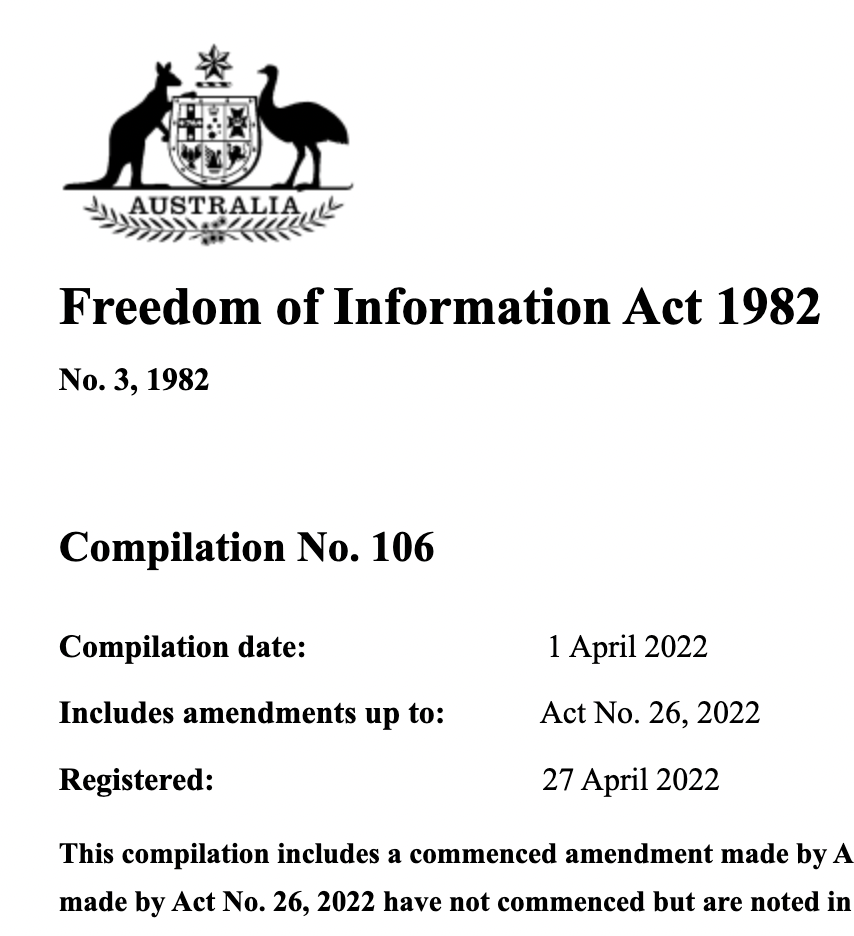By MARK PEARSON Follow @Journlaw
A former ombudsman who sued a major newspaper for defamation offers his insights into the experience in Episode #009 of our occasional Griffith University SMALL podcast – Social Media and Law Livestream.
Griffith University Media Law students Emily Soccol and Anna Swann interview Professor John McMillan AO about his successful defamation action against the Canberra Times in 2016.
Mr McMillan has held positions of Commonwealth Ombudsman, Integrity Commissioner for the Australian Commission for Law Enforcement Integrity, Australian Information Commissioner, NSW Ombudsman and a member of the Australian Copyright Tribunal.
He is also a legal consultant and an Emeritus Professor at the Australian National University. Drawing on his expertise over a five decade career, Professor McMillan offers his perspective on defamation laws and the legal risks associated with publishing damaging material.
The case was settled after mediation. The court judgment on the imputations can be viewed at https://www.austlii.edu.au/cgi-bin/viewdoc/au/cases/act/ACTSC/2016/286.html. [McMillan v The Federal Capital Press of Australia Pty Ltd [2016] ACTSC 286 (22 September 2016) ]
[Listen here: 14:26 min].
If you are a communication professional wanting to study in this area, please consider enrolling in our online courses Social Media Law and Risk Management (postgraduate, fully online) or Media Law (undergraduate, available online or on campus).
Disclaimer: While I write about media law and ethics, nothing here should be construed as legal advice. I am an academic, not a lawyer. My only advice is that you consult a lawyer before taking any legal risks.
© Mark Pearson 2023 – the moral right of the author has been asserted.


 Griffith University Media Law student Mia Durnan interviews Senior Lawyer Rodney Durnan about Freedom of Information laws (FOI); covering basic topics like ‘what is FOI?’, the process of an application, some of the exemptions that can apply and how the FOI laws interact with privacy laws from a practical perspective.
Griffith University Media Law student Mia Durnan interviews Senior Lawyer Rodney Durnan about Freedom of Information laws (FOI); covering basic topics like ‘what is FOI?’, the process of an application, some of the exemptions that can apply and how the FOI laws interact with privacy laws from a practical perspective. Professor Brown is leader of the Centre for Governance and Public Policy’s public integrity and anti-corruption research program in Griffith University’s School of Government and International Relations.
Professor Brown is leader of the Centre for Governance and Public Policy’s public integrity and anti-corruption research program in Griffith University’s School of Government and International Relations.
 This latest
This latest  A stakeholder-oriented approach to risk minimisation can help social media managers and moderators anticipate, identify, address and balance these dangers and opportunities.
A stakeholder-oriented approach to risk minimisation can help social media managers and moderators anticipate, identify, address and balance these dangers and opportunities.




